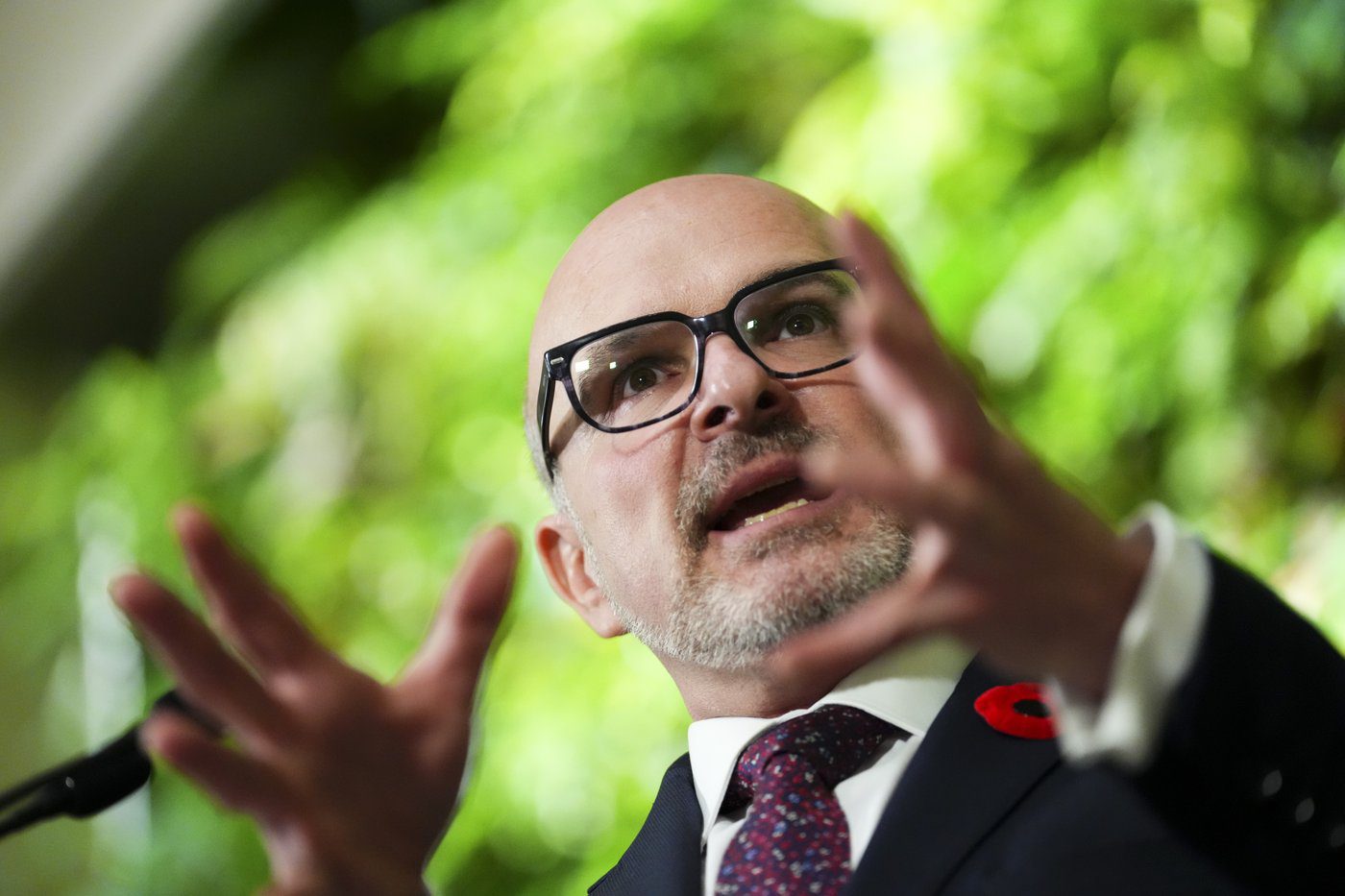OTTAWA — The chair of the Liberal party’s Indigenous caucus says Indigenous identity is “complicated” after questions have been raised about the claims of two Liberal MPs who currently sit with the group and one cabinet minister who is no longer a member.
“It’s a very complicated issue, and there’s no right answer,” said Jaime Battiste, who is Mi’kmaq from Eskasoni First Nation.
“It’s not biological or mathematical. It’s a social construct, and that’s why there are challenges.”
Others say it’s not so complicated, and want answers as to why Employment Minister Randy Boissonnault, who has claimed to be Cree, sat on the party’s Indigenous caucus and was touted as an Indigenous member of the party for years, is now changing his tune.
In 2018 at a Canadian heritage committee meeting, he referred to himself as “non-status adopted Cree from Alberta,” adding his great-grandmother was a “full-blooded Cree woman” — a statement he has repeated on other occasions.
The National Post reported this week that a company co-owned by Boissonnault unsuccessfully bid on two federal contracts in 2020 while identifying itself as “Indigenous” and “Aboriginal owned.” The government has pledged to award five per cent of its procurement contracts to Indigenous-owned businesses. Since that story’s publication, Boissonnault has shifted how he identifies, now saying the family he was adopted into has “Indigenous ancestry” and his adopted mother and brother are “status Métis.”
“I myself do not have status, though I have participated in Indigenous caucus as an ally throughout my time as an MP,” he wrote last week.
Battiste said Boissonnault is no longer an Indigenous caucus member, and that he has never identified himself as Indigenous to him.
Boissonnault did not immediately respond to a request for comment.
Battiste characterized some of the public conversations occurring as “witch hunts,” saying that some people may have been raised to believe they are Indigenous, but upon further investigation it is revealed they don’t qualify for membership in communities.
When elected in 2015, the Liberal party’s Indigenous Commission identified Boissonnault as Indigenous, along with Labrador MP Yvonne Jones and Nickel Belt MP Marc Serre.
Those MPs, who are members of the Indigenous caucus, have also had their Indigenous ancestry questioned.
Serre was removed from the Algonquins of Ontario registry earlier this year in an effort the organization to strengthen its membership list as it works on a modern treaty with Canada and Ontario.
He said he would no longer identify as Algonquin, but rather Indigenous and Métis.
Anishinabek Nation regional chief Scott McLeod, who has been a vocal critic of the government’s handling of Indigenous identity issues, said he’s spoken with Serre many times about his identity, and has tried to explain why people can’t claim Indigenous identities without lived experiences and connections to the nations they’re claiming.
“He just kind of shrugged his shoulders,” McLeod said. “He’s sticking to his guns on identifying as Indigenous.”
Jones is a member of the hotly contested NunatuKavut Community Council, previously known as the Labrador Métis Association, which represents some 6,000 self-identifying Inuit in the region, but is not recognized by any federally-recognized Inuit groups.
Inuit Tapiriit Kanatami, which represents about 70,000 Inuit across Canada, says the council misrepresents itself for material benefits, while NunatuKavut says it is simply advocating for its members.
Nunavut NDP MP Lori Idlout, who is Inuk, has also raised concerns about NunatuKavut calling itself an Indigenous organization.
Jones maintains she is Inuit, and has advocated for NunatuKavut members to have constitutional rights recognized.
Asked whether having MPs with disputed heritage sitting within the Liberal Indigenous caucus is a problem, Battiste said “politics is a numbers game.”
“And the more numbers you have that are willing to stand for the things that you believe in, well, that’s a good thing.”
McLeod disagrees.
“I think they’re (identifying as Indigenous) to advance their careers and get these special appointments,” McLeod said.
“It’s a benefit to them; it’s not a benefit to us … We don’t need pretendians speaking on our behalf.”
Hayden King, the executive director of Indigenous-led think tank Yellowhead Institute, echoed what McLeod said, calling it a cycle that seeps out of the halls of government and into the public, and vice versa.
“Nobody wants to be asking people to be accountable for their claims, but it’s become such a phenomenon — such a damaging one — that there has to be some safeguards in place when it comes to access to power and access to resources,” he said.
“That’s simply not happening right now, and we’re seeing the cost of the consequences.”
While these discussions around identity are happening, the government is likely to lose its only Indigenous cabinet minister, with Métis Northern Affairs Minister Dan Vandal announcing in October he was not seeking re-election.
Battiste said cabinet needs to be representative of the country, and just because Vandal is not running again does not mean Indigenous Peoples should not have a seat at that table.
“I really value (Vandal’s) time, and I know that it’s important to have at least one Indigenous minister in cabinet,” he said.
This report by The Canadian Press was first published Nov. 14, 2024.
Alessia Passafiume, The Canadian Press





